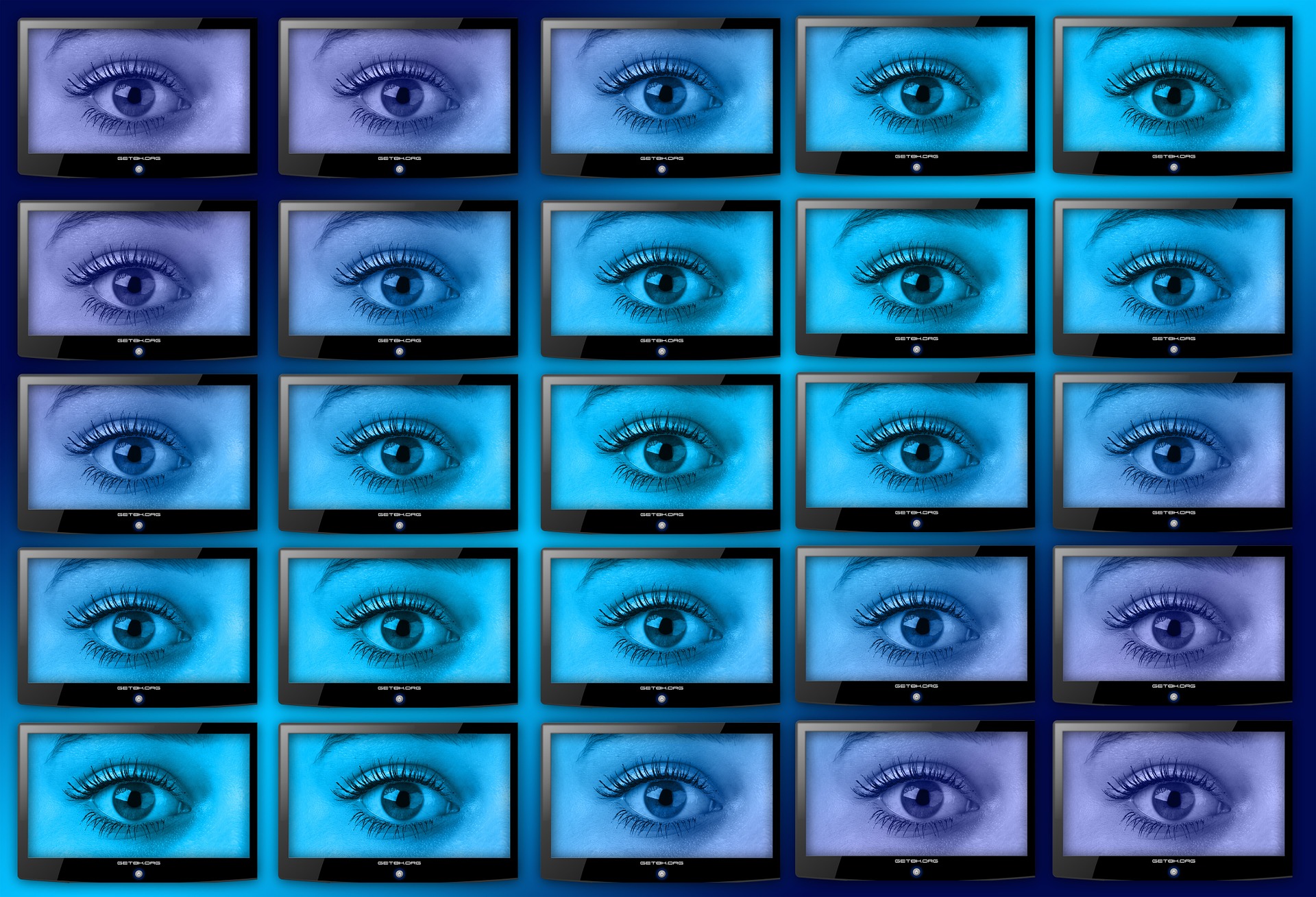Oversubscribed: 72% of Americans Say There Are `Too Many’ Subscription Services
New survey from Bango found 78% of users would like one one app to manage all subscriptions, including TV, music, gaming, fitness, etc.

SAN JOSE, Calif.—Nearly three quarters of American subscription users are overwhelmed by all the options with 72% saying there are “too many” subscription services available today, according to a new study from Bango.
Faced with all the options, about 78% would like a single platform to manage all of their subscriptions for TV, music, gaming, fitness, etc. while 79% believe that having all of their subscriptions in one place would help them manage their household expenses in the face of the cost of living crisis.
The survey, which is based on data from 2,500 American consumers currently paying for subscription services, also found that 63% of subscribers say they would pay for more subscriptions if they came as part of a centralized ‘super bundle’.
According to the survey, the average subscriber pays for five different subscriptions each month, while one in five (19%) pay for eight or more. These services don’t just include video streaming, but also span gaming, music, fitness, meal kits and more, Bango reported.
Nearly half of subscribers (45%) say they find it hard to keep track of where and how they signed up to these subscriptions. A third (35%) have no idea how much they spend in total each month, while 34% say they currently pay for a subscription service that they ‘never use’.
“Subscription users don’t want less choice, they want less admin,” noted Anil Malhotra, co-founder at Bango explains. “They’re tired of managing multiple services, multiple accounts and paying multiple bills. What’s needed is not fewer subscription services, it’s a way to bundle all those subscriptions together. We need to focus on creating all-in-one solutions that give users the best prices, provide flexibility over bills, and that put subscribers first.”
The current fragmentation of services has led to widespread frustration with managing multiple services, accessing accounts, and paying bills. According to the Bango survey, the top frustrations listed by U.S. subscribers include:
Get the TV Tech Newsletter
The professional video industry's #1 source for news, trends and product and tech information. Sign up below.
- Managing and updating personal details (48%)
- Accessing accounts across multiple devices (47%)
- Paying bills (43%)
- Canceling subscriptions (43%)
- Renewing contracts and subscription (42%)
Faced with these challenges, many Americans are avoiding the administration involved in subscriptions altogether, with 39% of those surveyed turning to online piracy to get the user experience they want.
When it comes to building this solution, Bango believes that a new ‘Offers on Demand’ technology is the answer, Malhotra said. This technology operates as an ecosystem of subscription offers and deals spanning Netflix, ESPN, Prime, YouTube, Peloton, Audible, Dropbox, Xbox and more.
‘Super bundles’ such as Australia’s SubHub are already using Offers on Demand technology, while American players like Verizon+ Play are also linking up services to create differentiated offers and bundles, explained the company, which offers its own Offers on Demand technology, Bango Resale.
Malhotra explained that “We like to think of Bango Resale as a ‘digital vending machine’ stocked full of every subscription offer imaginable. Telcos, TV providers and any other large business can plug the machine in, stock it with the subscriptions their customers want and then offer the best combos and deals as part of a standard monthly bill.”
The full report is available here.
George Winslow is the senior content producer for TV Tech. He has written about the television, media and technology industries for nearly 30 years for such publications as Broadcasting & Cable, Multichannel News and TV Tech. Over the years, he has edited a number of magazines, including Multichannel News International and World Screen, and moderated panels at such major industry events as NAB and MIP TV. He has published two books and dozens of encyclopedia articles on such subjects as the media, New York City history and economics.

